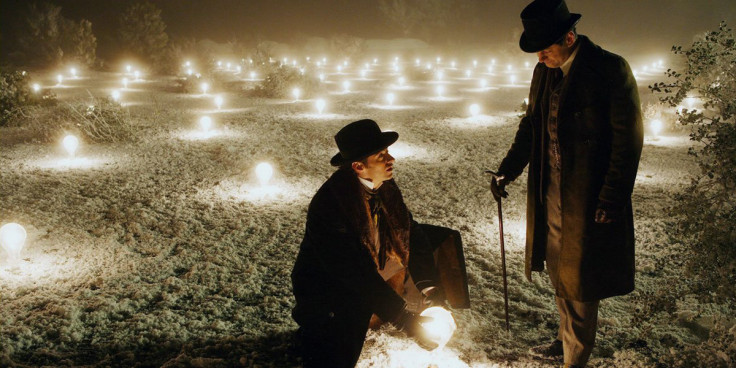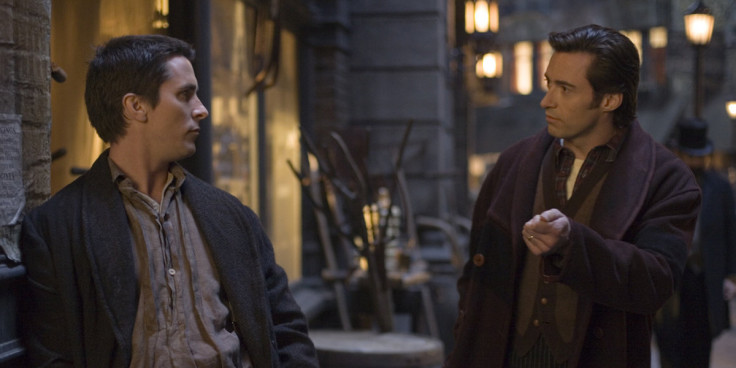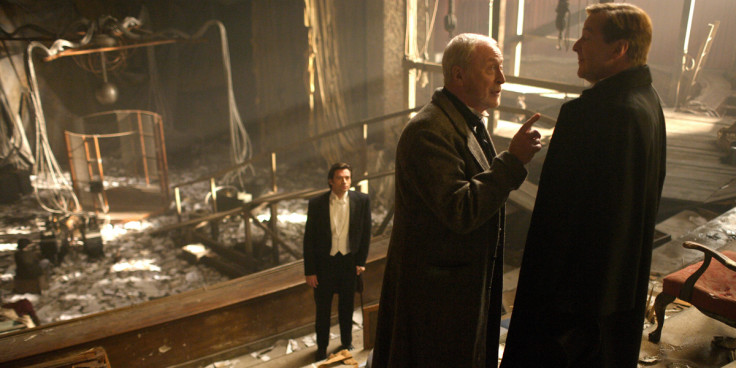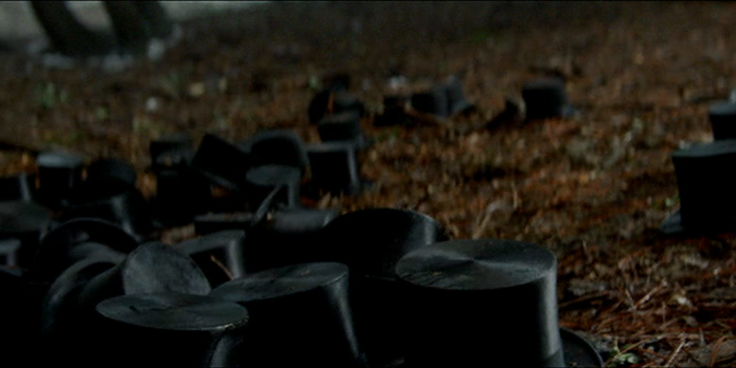The Prestige: The Films of Christopher Nolan

In our continuing series, IBTimes UK takes a look at the work of British director Christopher Nolan in the lead up to the November release of his ninth film, Interstellar. This week we look at The Prestige, a master class in misdirection.
You never quite know where you stand with The Prestige, and that's precisely the point. Christopher Nolan's fifth feature, about duelling magicians in Victorian England, is a story of obsession, loss, sacrifice and above all else, misdirection.
The Prestige is based on the novel by Christopher Priest, which Nolan read in 2000 and shared with his brother, Jonathan. Over the next five years, the pair set about writing a screenplay that adhered to the three acts of a magic trick described in Priest's book: the pledge, the turn and the prestige.
At times a period drama, at others a gothic sci-fi or noir-style thriller, The Prestige is unique in many ways and its themes of illusion and theatricality fit perfectly with the style of storytelling Nolan loves so much.

Like Memento before it, The Prestige utilises a complex narrative structure detailing events out of chronological order to heighten the mystery and deliberately keep something from the viewer in exactly the same way a magician conceals the truth.
It also utilises the unreliable narrator literary tool but unconventionally uses two such narrators, plunging the audience even further into a web of deceit. Can you ever really trust a magician anyway?
Stars Hugh Jackman and Christian Bale give career-best performances as illusionists Robert Angier and Alfred Borden, Jackman in particular providing one of the best turns Nolan has yet coax out of one of his stars. They're supported by the reliable humanity of Michael Caine, a wonderfully well-cast David Bowie, Scarlett Johansson and Rebecca Hall.
Nolan is often criticised for his portrayal of women but The Prestige goes some way to fighting the assumption that he can't write them. Johansson may be given little but Hall is great as the wife of Borden, who is destroyed by her partner's dedication and obsession.
The film's women may not have starring roles - a genuine criticism of Nolan is the lack of focus he gives his female characters, whether they're well-written or not - but they are integral to the plot. Borden's wife absolutely is and it's the death of Angier's lover Julia (Piper Perabo) toward the start of the film that drives a wedge between him and Borden, kick-starting their lengthy and sadistic game of one-upmanship.

Nolan's passion for the classic tools of film-making add a realism that offsets the more fantastical, science-fiction elements to create the sort of heightened reality that many of his films occupy. He uses the natural light of his sets to illuminate his stars and gives great focus to the faces both other characters and the audience are trying to read.
The Prestige is also the film in which Nolan and his long-time cinematography, Wally Pfister, really became a proper team. After three films together, it is here that their styles really came together to create a film as great to look at as it is compelling to watch.
From here the pair became a major force, the influence of Pfister's way with the camera equally as important to The Dark Knight, Inception and The Dark Knight Rises as Nolan's directing and writing expertise.
The Prestige is a classic, because it is a mystery that gives its audience all the clues in plain sight. Unlike the magic tricks its structure is based on, in the end we are given the solution as we see the length's Angier goes to in an effort to "win" his war with Borden.
Rather than cheapening the experience, like finding out a magician's methods would, this reveal instead gives the film an almighty payoff and one of the most satisfying closing acts of Nolan's career.

Next week: The Dark Knight
© Copyright IBTimes 2025. All rights reserved.






















